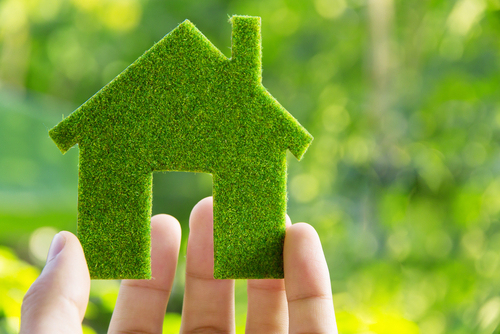Germany’s Power Now Come Mostly From Renewable Energy
For the very first time in Germany’s history, clean power is supplying nearly all of its power demand, making a milestone for the “Energiewende” policy of Chancellor Angela Merkel which aims to boost renewables and eliminate dependency on fossil fuel and nuclear energy. Just recently, the country’s renewables supplied 45.5 gigawatts of the 45.8 gigawatt demand, according to an energy consulting firm in Berlin, Agora Energiewende. Power prices dropped during periods of 15 minutes, going as low as -$57 (50 euros) per megawatt hour based on Epex Spot’s data.

European countries are building more and more renewable capacity to lower carbon emissions and increase supply security. More and more energy consulting firms are being hired by companies who want to become energy efficient. In 2015, Denmark’s wind farms provided 140% of the demand. In the United Kingdom, no coal-fired power stations were used for roughly 4 hours on May 10th.
Bloomberg’s analyst for New Energy Finance, Monne Depraetere, said that it is events such as these that show that at some point in the future we may begin limiting due to an oversupply. This may eventually provide a case to create technologies that will help manage such oversupply including energy storage and inter connectors.
Germany’s shift to clean energy has gripped coal margins while increasing cost for consumers in the biggest power market in Europe. The increased clean energy flow have also put pressure on the grid and now Germany is considering excluding some regions from wind power auctions in the future if local grids are already having a difficult time keeping up with the high volume of renewable energy supplies.
According to Depraetere, although Germany used 100% renewable energy for a day, it’s unlikely that the current generation will see a 100% supply of clean energy.
Meanwhile, Europe’s clean technology industry overall has fallen into a fast decline and last year’s low carbon energy investments have plummeted to a record low.
In 2010, Europe comprised 45% of the global clean energy investment but in 2011 after peaking $132billion, the EU investment dipped by around 50% with just $58billion invested in 2015.
Bloomberg New Energy Finance (BNEF)’s chairman of the board, Michael Liebreich, stated that the global financial crisis is partly to blame. However, he also pointed out that policymakers also made their share of mistakes and they collectively created a boom-bust cycle by first showing strong support for renewable energy and then rowing back due to their fear of the costs of subsidies.
Manufacturers in EU have also suffered. They were once the world leader in solar panel manufacture and now they no longer have any companies that belong to the top 10 globally. Jobs have been lost and in Europe, employment in PVs have fallen to over a third. The future of clean energy technology is still uncertain in Europe and in most parts of the world however, awareness still continues to grow among the general population.


0 Comments
Recommended Comments
There are no comments to display.